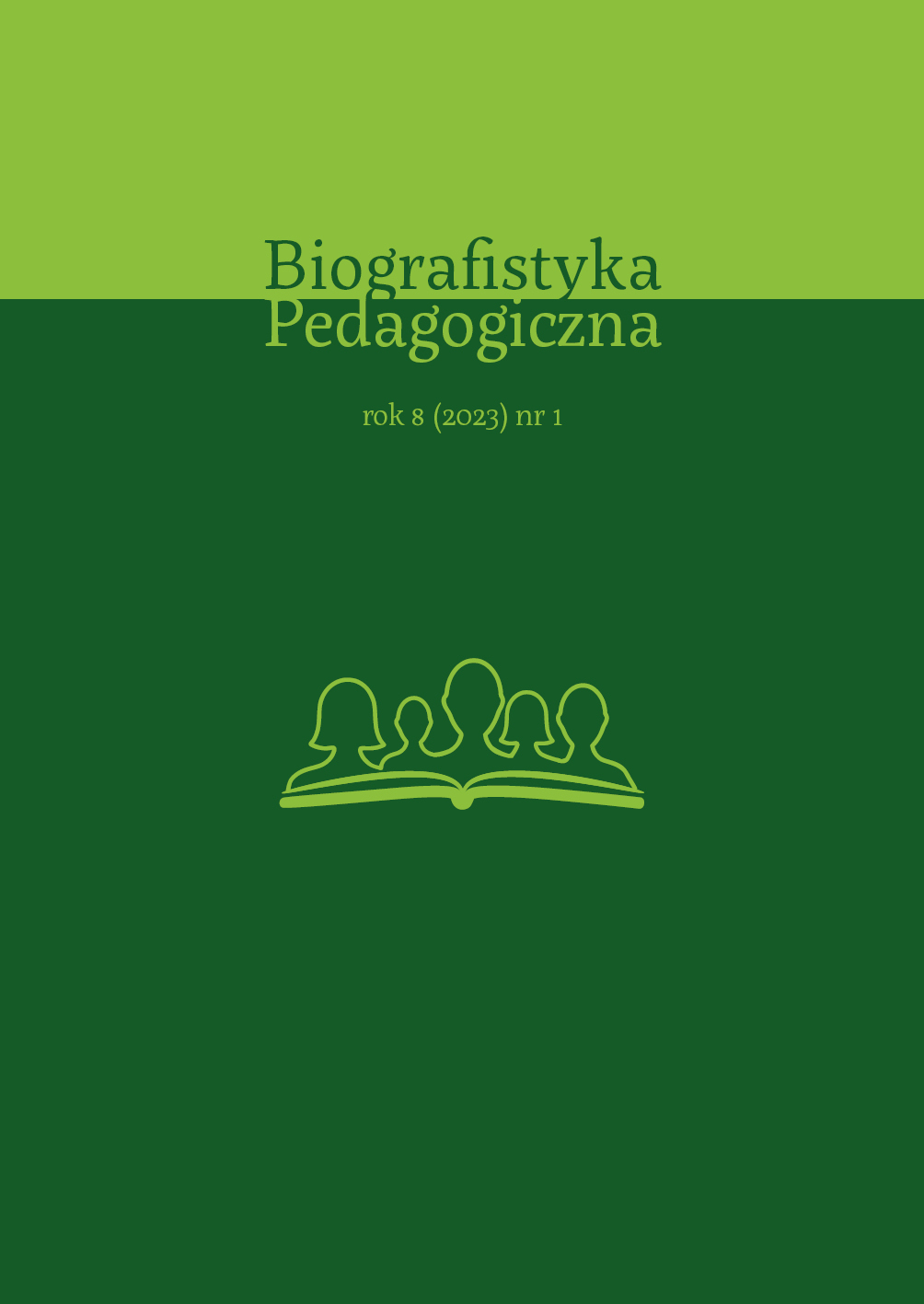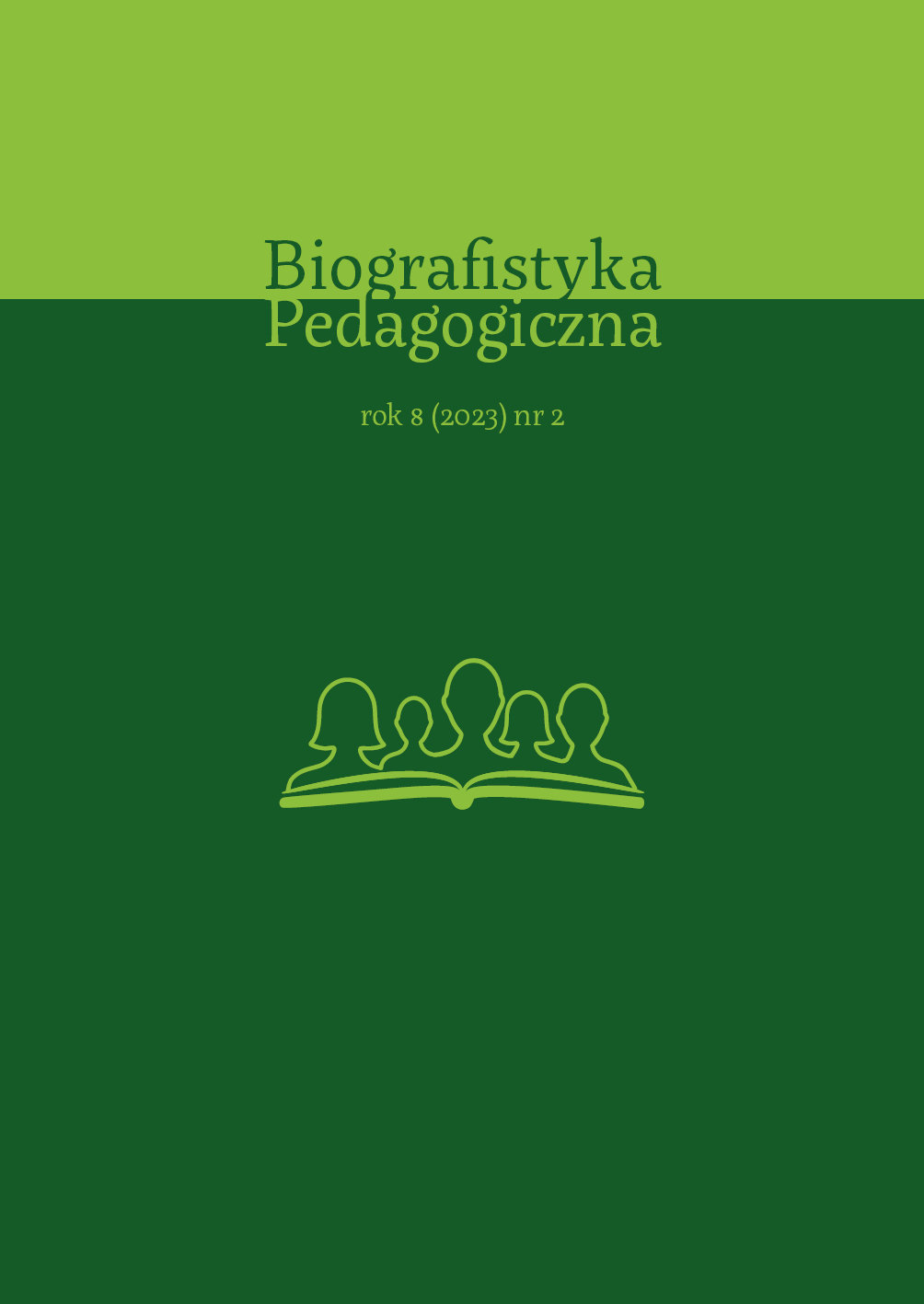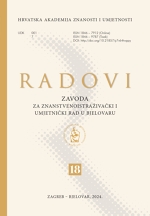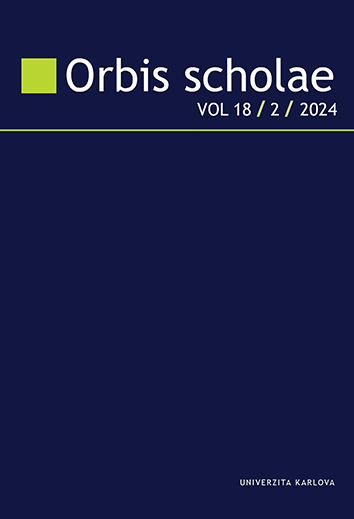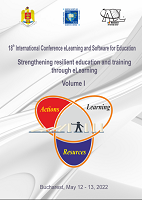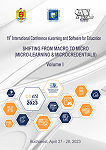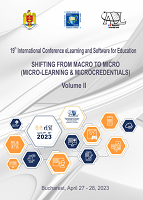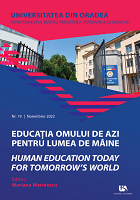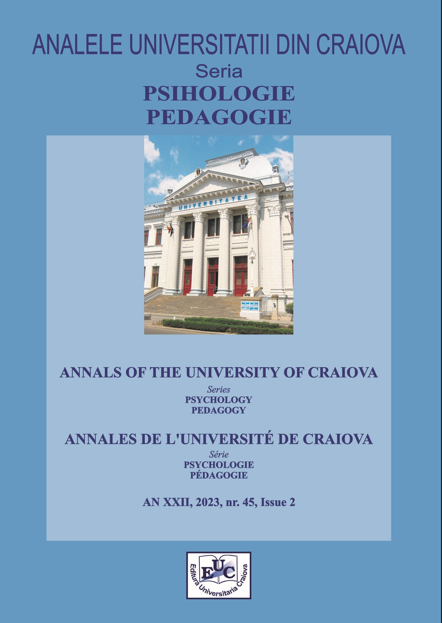
ESPACE EUROPÉEN DE L’ÉDUCATION : RENFORCER LA RECHERCHE EN PÉDAGOGIE UNIVERSITAIRE POUR ALLER À LA QUÊTE D’ENVIRONNEMENTS INFORMATIQUES ET DE PRATIQUES ÉDUCATIVES NOVATRICES INFORMATIQUES ET DE PRATIQUES ÉDUCATIVES NOVATRICES
In the digital age, technological developments have emerged, which have prompted researchers and education practitioners to readapt to the new digital context. Research in university pedagogy has been extensive, with the aim of inserting this new digital culture into recent reforms. Computer systems accompanied by technological devices have been put into effect in order to demonstrate pedagogical innovation through the use of pioneering educational practices. According to the strategic framework of the European Education Area, the Member States of the European Union must set new objectives based not only on the strengthening of the means of strategic cooperation and synergies, in particular the European Research Area and the Bologna Process, but also on the setting of objectives and indicators of progress towards the achievement of the European Education Area. While taking into account the renewal of the university context in terms of education and training in the European area, it would be interesting to focus on the essential contribution of the Francophone University Agency (AUF) in the renewal of university pedagogy and training. Then digital pedagogical innovation (DPI) is carried out through networks and online computer systems. Finally, given the internationalization and digitalization of education, innovative pedagogical practices have emerged in the higher cycle. The implementation of learning management systems, whether in a blended learning model environment or in an open and distance learning environment, plays an essential role at the personal level in the development of learning strategies, but also at the collective level in the cultivation of professional competences.
More...
